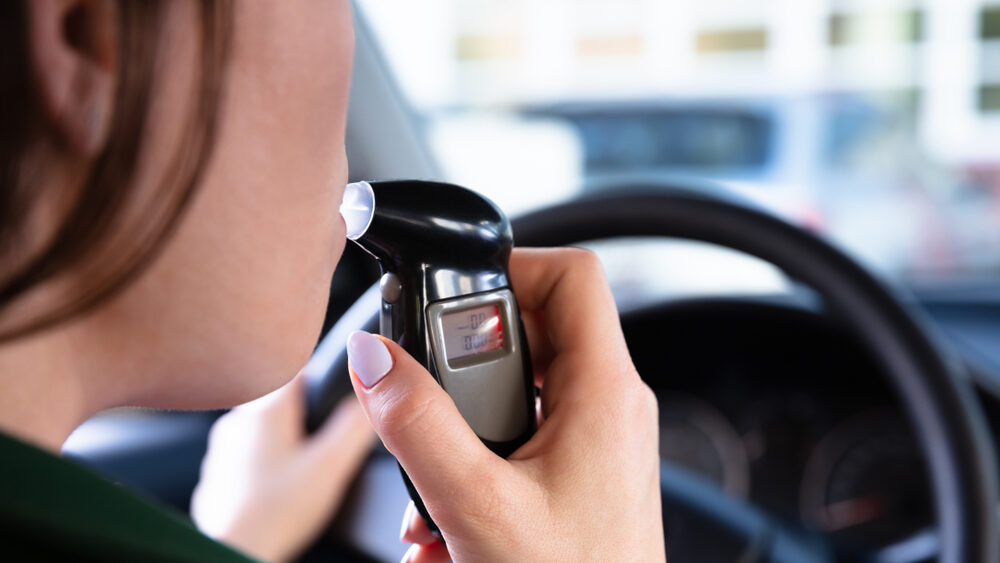Understanding Breathalyzer Test Results
Breathalyzer tests are commonly used by law enforcement to measure blood alcohol content (BAC) in individuals suspected of driving under the influence. Understanding how these tests work and the factors that can affect their results is crucial for anyone facing DUI charges.
For instance, various factors such as the individual's physiology, the calibration of the device, and even the timing of the test can influence the accuracy of the results. It's important for defendants to be aware of these variables, as they can significantly impact the outcome of their case and potential defenses.
Common Defenses Against DUI Charges
When facing DUI charges, there are several legal defenses that can be employed to challenge the prosecution's case. These defenses can range from questioning the legality of the traffic stop to challenging the accuracy of the breathalyzer results.
For example, if an attorney can demonstrate that the officer did not have probable cause to initiate the stop, the evidence obtained during that stop may be inadmissible in court. Additionally, if the breathalyzer was not properly maintained or calibrated, this could also serve as a strong defense against the charges.
The Legal Process for DUI Cases in Texas
The legal process for DUI cases in Texas involves several steps, starting from the arrest to potential trial proceedings. Understanding this process can help individuals navigate their cases more effectively and prepare for what lies ahead.
Typically, after an arrest, a defendant will face arraignment, where they will enter a plea. Following this, there may be pre-trial motions, negotiations, and possibly a trial if a plea agreement is not reached. Each stage presents opportunities for legal representation to make a significant impact on the case's outcome.
Consequences of a DUI Conviction
A DUI conviction in Texas can lead to serious consequences, including fines, license suspension, and even jail time. Understanding the potential penalties is essential for anyone charged with this offense.
For instance, first-time offenders may face a fine of up to $2,000 and a license suspension of up to one year. Repeat offenders or those with aggravating factors, such as having a minor in the vehicle, may face harsher penalties, including longer jail sentences and increased fines. It's crucial for individuals to consult with a legal expert to understand their rights and options.

